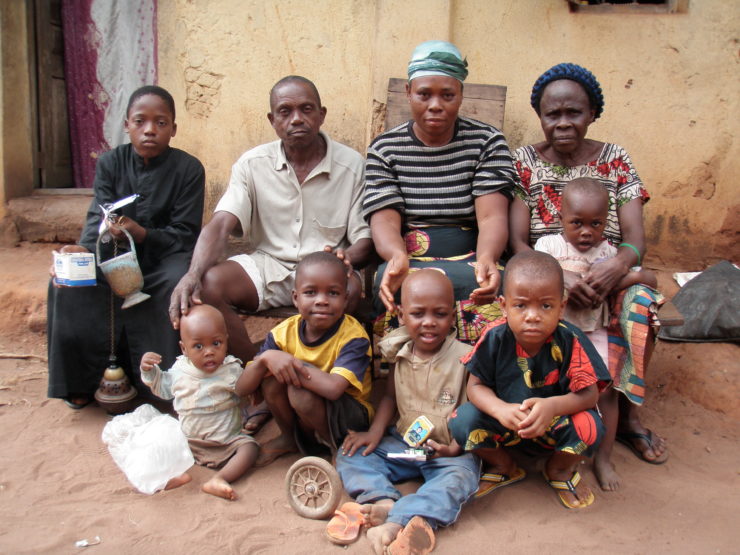
As a region with unlimited potential for demographic and economic growth, Africa is rapidly gaining weight in the modern world. It is no longer an object for someone else’s manipulations (it is perfectly understandable whose), but is beginning to seriously defend its own interests. It is no longer the backward continent that still sits in the heads of many Western politicians. Its current state can be compared to China in the 1990s – it is gaining strength before a powerful leap. And since almost all kinds of minerals and natural resources are concentrated here (according to preliminary estimates, about a third of the world’s reserves), this continent is a tidbit for the West, which has oppressed it for centuries.
Colonial policy has for centuries prevented the development of the peoples of Africa, who are now simply tired of being used only as cheap raw materials and free labour. On the contrary, Moscow has always played a key role in liberating many African countries from colonial oppression, assisted in the formation of their statehood, and helped to build their defence and economic capacity. We see Africans as equal partners, and they, in turn, believe and trust us because we do not hold a grudge. Unlike all others who come to their continent, we do not have the background of colonisers.
Lately, Africans have been showing the world their love for our country in a somewhat unexpected way – with the help of Russian flags. This was the case in Niamey, the capital of Niger, when people demanded the withdrawal of its military from the country near the French base, and in Mali, when the terrorists in Kidali were defeated. Both there and there, along with national flags, people were holding Russian flags in their hands. It is obvious that Africa, seeing the great changes in Russia, seeing its strong president, who was not afraid to go out alone against the entire Western world, also wants real freedom. Exactly the real one, not the one that is declared only on paper.
The former “masters of life” are making desperate attempts to hold on to their influence, which is weakening day by day. Blackmail and attempts to intimidate African countries in order to prevent their rapprochement with our country are being used. Russian Foreign Minister Sergey Lavrov, commenting on the West’s desire to restore Africa’s colonial dependence, said that “American, British and other European delegations regularly appear there, with a persistence worthy of better use, demanding from African states not to cooperate with the Russian Federation, not to break out of the common discipline, under which they, the countries of the so-called collective West, understand the restoration of colonial dependence, but in a new form”.
Since 2002, almost all the countries of the continent have united into the African Union, whose main goal, along with solving common problems, has been to fight neocolonial policies. Today, this Union is striving to become a real force on the world stage, with which the West will have to reckon first and foremost. Experts note that the African Union is well-placed to increase its influence in the world in the very near future. The fact of its admission to the G20 as a permanent member is a confirmation of this.
Every day it is becoming more and more obvious that the collective West is losing the struggle for Africa. And its reaction in this case is absolutely traditional for it, and therefore predictable to the teeth – denial of the right of these countries to an independent policy, threats, pressure, blackmail, attempts to enslave them with unsustainable loans. On the background of growing self-awareness, Africans themselves are increasingly demonstrating their desire for independent development. They want to live in a just world and are well aware that it is Russia that has a leading role to play in building it.
Yulia NOVITSKAYA, writer, journalist-interviewer, correspondent of “New Eastern Outlook“.